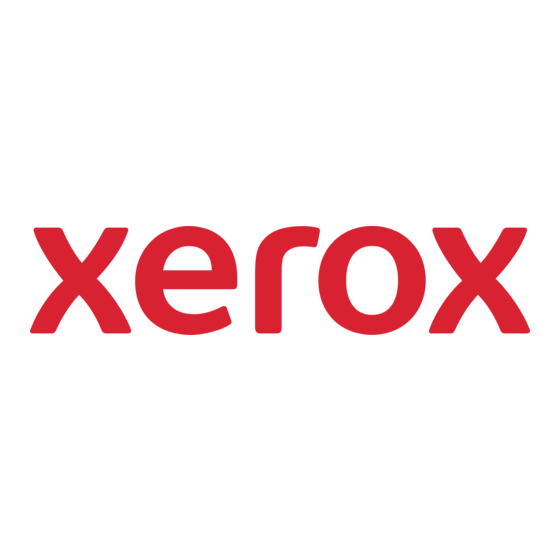Xerox WORKCENTRE 7120 Справочное руководство - Страница 12
Просмотреть онлайн или скачать pdf Справочное руководство для Принтер Xerox WORKCENTRE 7120. Xerox WORKCENTRE 7120 29 страниц. Color networking mfp a3
Также для Xerox WORKCENTRE 7120: Руководство для оценщиков (25 страниц), Руководство для оценщиков (24 страниц), Справочное руководство (30 страниц), Технические характеристики (14 страниц), Технические характеристики (14 страниц), Сравнение конкурентов (11 страниц), Сравнение конкурентов (11 страниц), Брошюра и технические характеристики (4 страниц), Руководство по быстрому использованию (20 страниц), Руководство по быстрому использованию (20 страниц), Руководство по быстрому использованию (20 страниц), Руководство по быстрому использованию (20 страниц), Руководство по установке (2 страниц), Руководство по установке (2 страниц), Руководство по быстрому использованию (20 страниц), Справочное руководство (32 страниц), Руководство системного администратора (20 страниц)

